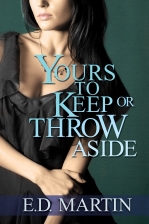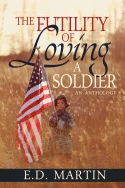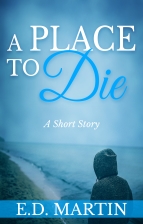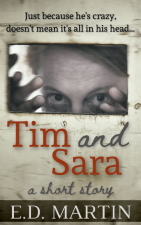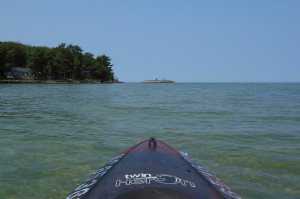
Kayaking Lake Huron
A cousin recently told me, “Dang, girl, it’s like you’re always on road trips or vacation.” And it’s true; if I don’t go somewhere at least every month or two I get very cranky. I’ve been fortunate that I’ve been able to get out of town a lot this spring and summer: Omaha for Easter; Door County, Wisconsin, in mid-May; camping in Wisconsin Memorial Day weekend, followed by a long weekend in Montreal; 4th of July in Saginaw, Michigan; and finally a week wandering around the Southeast.
There are several things I’ve learned while traveling, that apply to just about every trip I’ve taken.
- Take that picture now. You might tell yourself you’ll come back later and get that shot, but let’s be honest: it’s not going to happen. If you want to get a picture, or eat that street food, or buy yourself 4 new gnomes at that souvenir store, do it now because something will come up that keeps you from doing it later.
- Take the road less traveled.
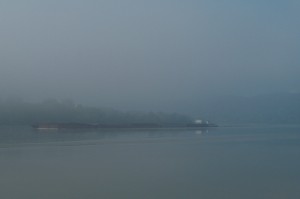
Early morning fog on the Ohio River
If life is a journey, not a destination, why not apply this to trips as well? There’s a spot in Zen and the Art of Motorcycle Repair that explains this: “Secondary roads are preferred. Paved country roads are the best, state highways are next. Freeways are the worst. We want to make good time, but for us now this is measured with emphasis on ‘good’ rather than ‘time’ and when you make that shift in emphasis the whole approach changes.”I don’t like interstates because the scenery is the same: Applebee’s and Walmart in a strip mall, distant fields, everything the same. Sure, it gets you there more quickly, but you’re not actually seeing anything. I tried to take pictures as we drove through the Appalachians, but you can’t get anything from an interstate. On a highway, however, you can stop and savor the details. You can find random stores and people and a deeper understanding of what shapes people’s lives, from empty storefronts to neighboring farms to dozens of Baptist churches near a community.
Same goes with tourist attractions. My son and I joke that we’ve gone to an overrated water attraction ever year: Niagara Falls in 2013, Old Faithful last year, and Chattanooga’s Ruby Falls this year. Ruby Falls was nice, but the next day we hit up Raccoon Mountain Caverns and they turned out to be the best cave system we’ve been to – plus there were a ton less people AND it was cheaper.
- Take more time.
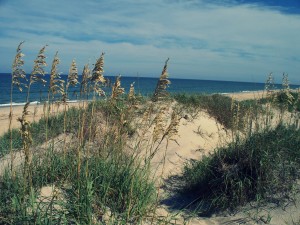
NC’s Outer Banks – beautiful AND no one’s there!
When I travel, I have goals for the day: on the road by 8. Destination by midmorning, lunch at a particular restaurant, at the campsite by 5. I don’t think we met my timeframes a single day on our last trip. And that was okay. We left late because we were chatting with neighbors. We arrived late because we stopped along the road to take pictures. We spent more time at the destination than we anticipated. Maybe we didn’t do everything I’d wanted, but we still had a great time.
- Don’t take
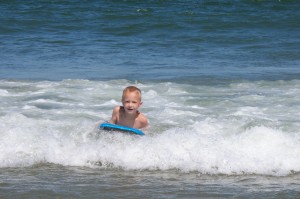
My son “surfing” at Virginia Beach this summer
control. Midsummer, my son asked why we always had to do what I wanted on trips, so I let him plan our big end-of-summer trip. We ended up at some places and restaurants I wouldn’t necessarily have picked, but all ended up having fun.
- Take chances. Is there somewhere you want to go, or something you want to do, but you’ve never gone or never done it? Do it. Maybe it’ll turn out sucky, but at least you’ll get some good road warrior stories to share. Like #1 above, don’t go through life forever regretting not taking that trip or doing that activity while there.
If you’re a traveler, what do you think of this list? Anything you would add or change? And if you’re not a traveler – what are you waiting for??





